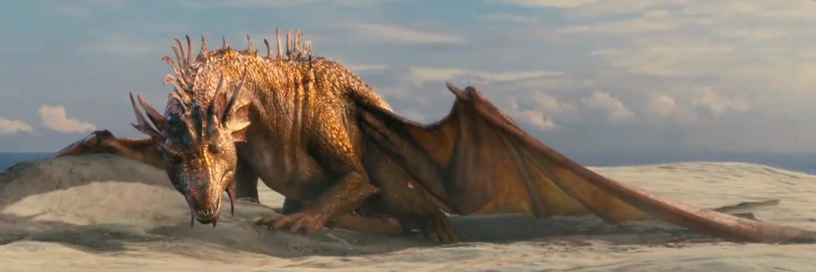
Theosis (2), Lenten Study 2025
Theosis is the way the Eastern Church looks at atonement. The Process of us becoming more like God. An ancient Orthodox Bishop, Maximus the Confessor, suggested a simple way of thinking about it. He said there were 3 ways in which humanity needed to be transformed, and which therefore needed Christ's atoning work: in our BEING, in our WELLBEING, and in our ETERNAL BEING.
BEING: From the beginning humans have been corrupted images of God. There is something lodged deep inside us which seems to make it impossible for us not to hurt each other and God. Jesus address this through his incarnation. Iron is just cold impure metal until it is put in the flames, Jesus chose to face the fiery furnace of human life, to bring us the Holy Spirit so that transformation and eternal life were possible for us. His incarnation itself was an act of atonement.
WELLBEING: Put away the meaning the West has for that word. For the Orthodox Church of the East, wellbeing is strongly connected to peace, shalom. You are in a state of wellbeing when your relationship with God is right. The Eastern Church has practices like the Jesus Prayer - "Lord Jesus Christ, Son of God, have mercy on me, a sinner". Repeated over and over again, sometimes with prayer beads, to help get rid sin, that which gets in the way of your relationship with God. As with Aslan (above) Jesus taught us to work with God to peel any layers of darkness or sin away and open the way to communion with God. With Jesus death he took all our sins on the cross and into death, effectively killing it. So Jesus life and death were one long act of atonement, to bring us closes to God.
ETERNAL BEING: Think back to Adam and Eve they were told that if they ate the forbidden fruit they would die. Where are they today? Yes dead! They lived to a ripe old age, God didn't say it would be instant death. But if they never ate it, they never would have died. Death entered the being of humanity and stayed there like a dark tumour that would spread inevitably within every life. Thankfully Jesus conquered Death.
 Welcome
Welcome Calendar
Calendar Today's Word
Today's Word Lauds
Lauds Terce
Terce Sext
Sext None
None Vespers
Vespers Compline
Compline Matins
Matins